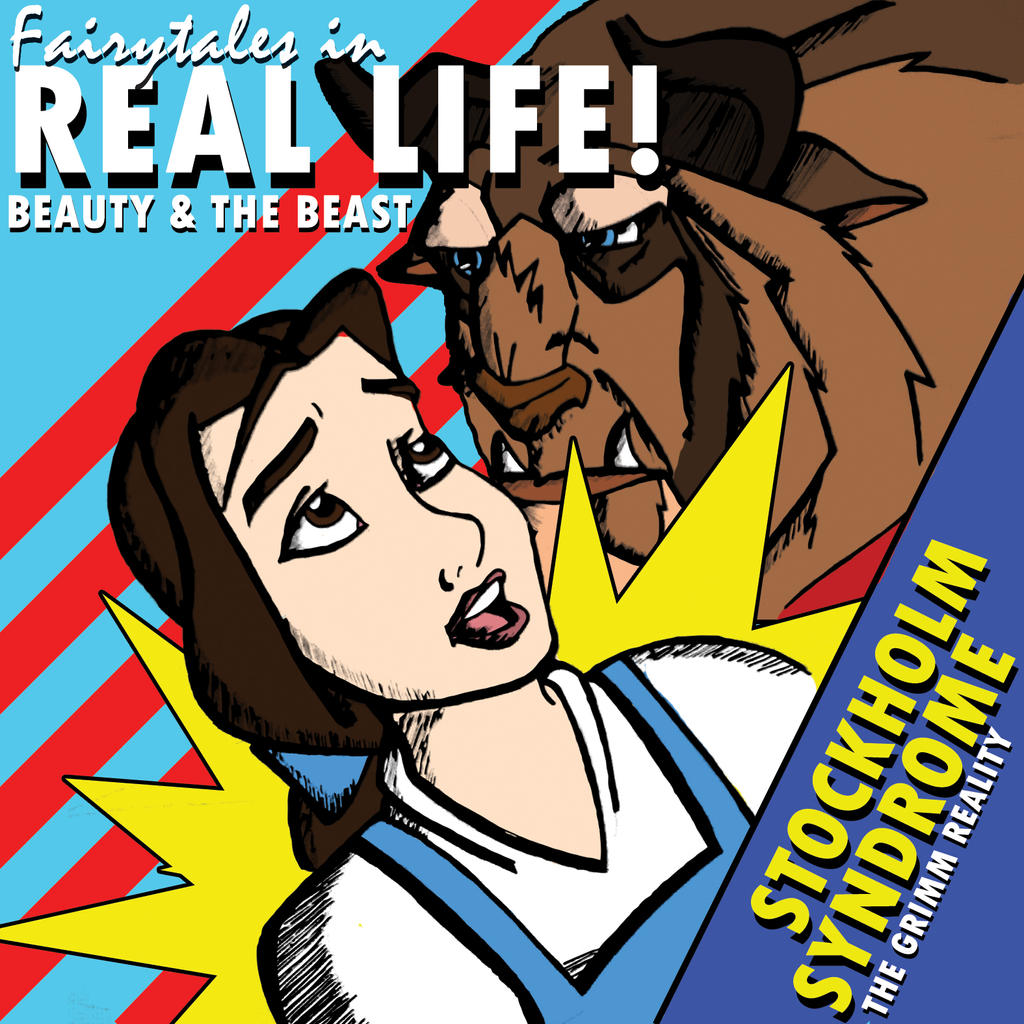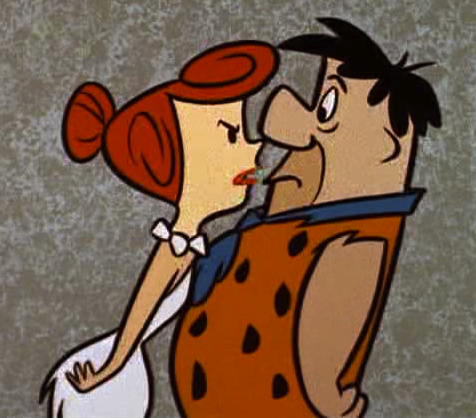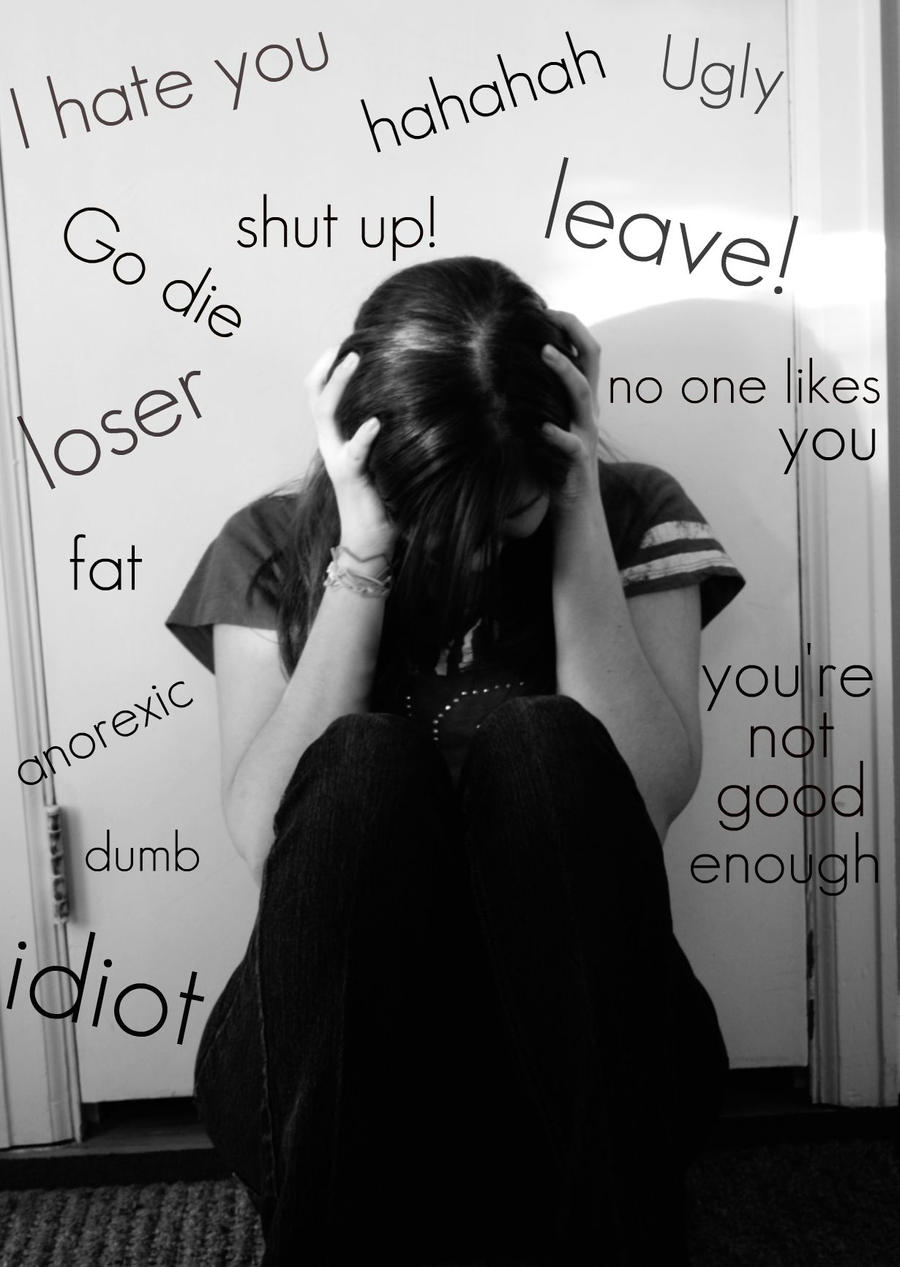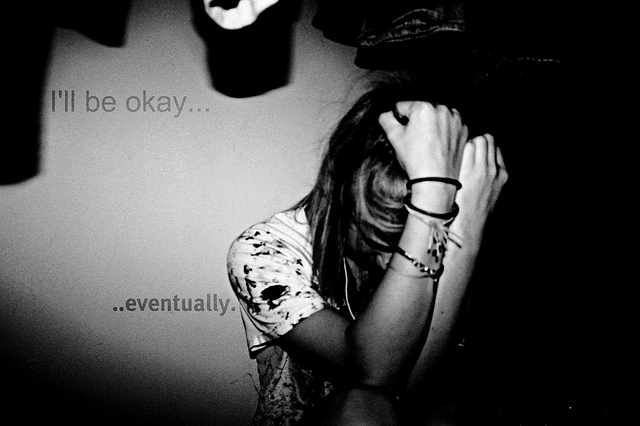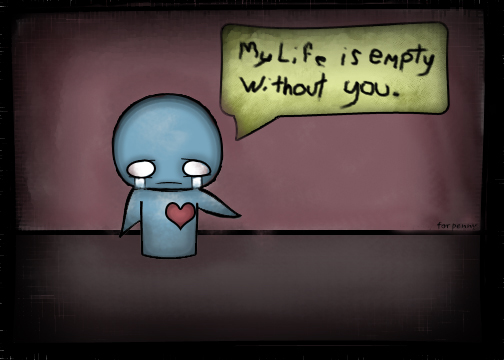Abusive relationships is a serious matter. For others, it may be a common issue that's not really a big deal. But for me, it's a big problem that shouldn't be despised of.
According to an article entitled " Seven Surprising Myths Surrounding Abusive Relationships" by Richard Kennedy, abusive relationships are often misunderstood due to the large amounts and false information and myths that surround these kinds of relationships and the type of people that are likely to be involved in them.
In the article, the author examined seven popular surrounding abusive relationships. They are the following:
- They must have done something to deserve being hit.
- It's not an abusive relationship if there is no violence involved.
- An abusive relationship is a private matter.
- An abusive relationship is a rare occurrence.
- If it is an abusive relationship, she should have left.
- An abusive relationship can only occur in poor, uneducated areas. They are associated with "problem" families and foreign nationals.
- Abusive people are rough, drunken, overweight men.
For more details, click on http://www.relationshippsychology.com/abusive-relationships/abusive-relationship
Richard Kennedy also stated:
"Some people who find themselves in an abusive relationship will often try to ignore the fact of what's happening. Sometimes people may not even be able to tell if they are in an abusive relationship. A girl might find it flattering if her boyfriend was insanely jealous every time a guy talked to her. However, the reality lurking behind this jealousy can lead to an abusive relationship and controlling behavior."
This means that even the people involved in an abusive relationship could not know what they're into. They tend to be blinded by their own emotions. I really think that abusive relationships should be taken seriously. People shouldn't be fooled by the "myths" of relationships because who knows, maybe someday we may end up trapped in an abusive relationship without even knowing. We should face reality: it is everyone's business.



